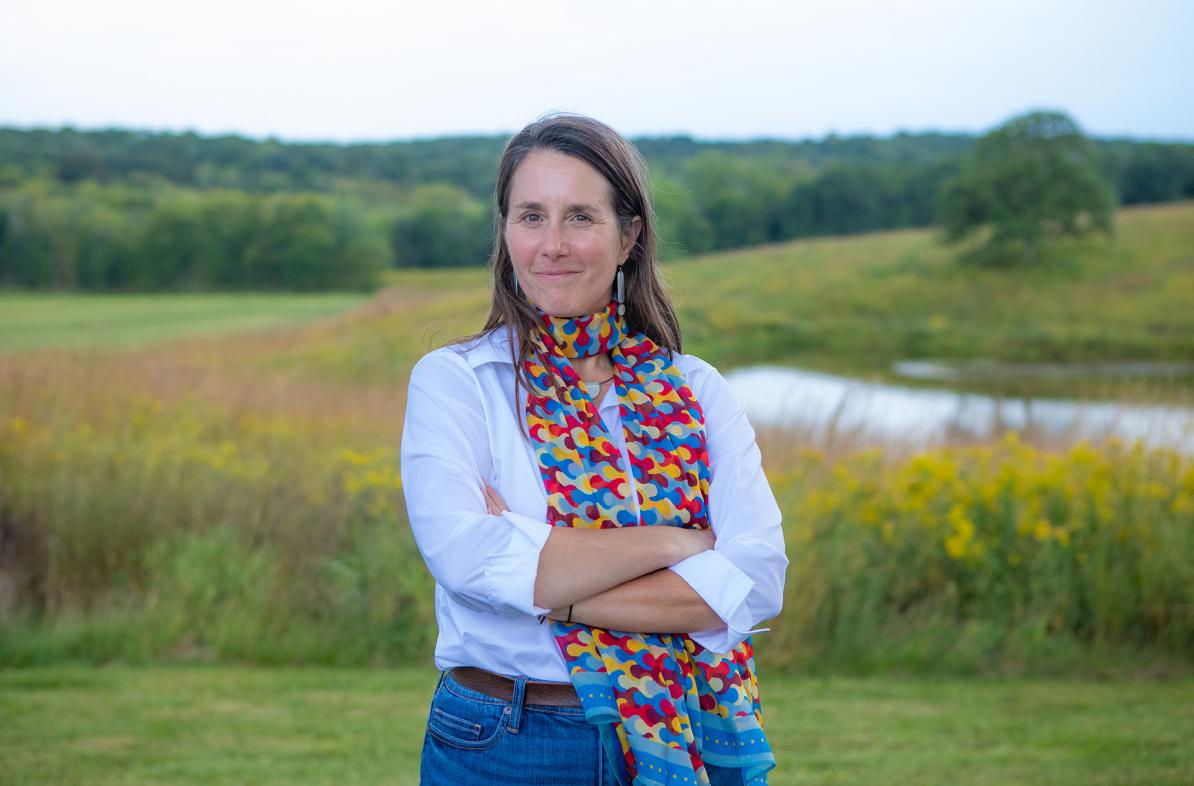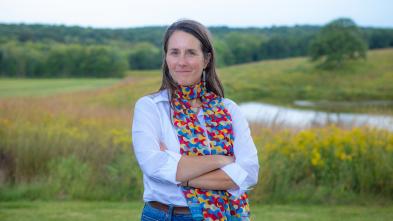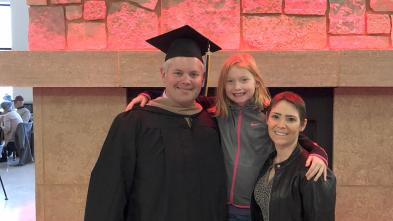ID

UW-Eau Claire biology grad earns a prestigious MacArthur Fellowship
Story Categories
Authored on
UW-Eau Claire biology grad earns a prestigious MacArthur Fellowship
Published on:
Intro text
A UW-Eau Claire graduate is among the 25 people named as a 2021 MacArthur Fellow, an honor often referred to as a “genius grant.” Dr. Lisa Schulte Moore, a biology major with chemistry and topical minors, graduated from UW-Eau Claire in 1993.
Sections
For the media
For the media
Image download


